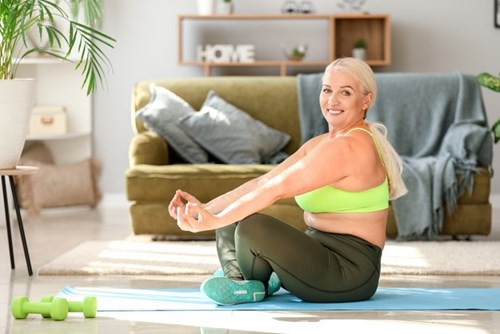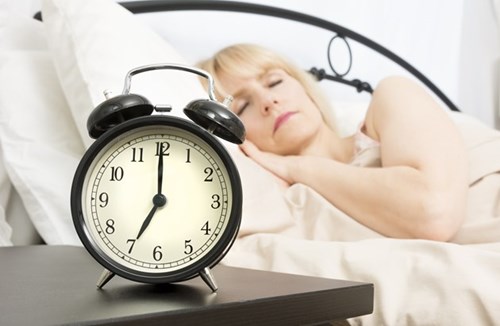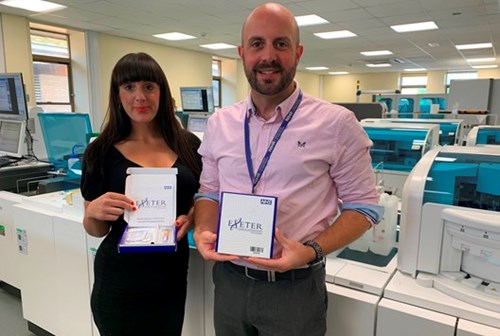NHS looks to cash in on worried patients with £24 blood-test kits
Chris Smyth, Health Editor
May 25 2019, 12:01am, The Times
GPs fear that speculative testing could increase pressure on the health service
The NHS has entered the market to sell consumer blood tests that look for signs of serious illness in a controversial moneyspinning venture.
A leading hospital laboratory hopes that online shoppers will pay from £24 for tests that can prevent disease by assessing people’s risk of conditions such as heart disease, diabetes and osteoporosis. But GPs fear it will lead to an influx of the worried well to overstretched surgeries and insist that “curiosity is simply not a good enough reason for medical testing”.
There was a similar debate this year over government plans for the NHS to sequence the entire genetic code of healthy paying customers to amass DNA data.
Home blood testing is lower-tech but already available, with companies such as Thriva and Medichecks offering checks ranging from liver function to cholesterol levels. Royal Devon and Exeter NHS Foundation Trust will run a private blood testing service that uses its laboratory at night when its machines are less busy.
Tim McDonald, the consultant clinical scientist behind the scheme, claimed that the NHS “almost had a moral obligation” to give consumers a reliable alternative to unregulated commercial tests. “The people we are aiming at are the people who are already doing it,” he said. “I am not going to say people should be doing this. But for people who want to take ownership of their health this is part of the repertoire of things they could do.”
The Monitor My Health service advertises itself as “By the NHS. For the NHS” and offers tests for diabetes, vitamin D levels, cholesterol and thyroid problems. Dr McDonald acknowledged fears among doctors that testing healthy people with no symptoms would flag up harmless abnormalities and lead to needless treatment and extra pressure on the NHS. “We think it’s not a risk because our advice is very reassuring when it’s normal,” he said. “If it’s appropriate we’d say, ‘Go to the GP’ and in the long term we should cause less intensive medication because you’re picking things up early.”
Initially the hospital hopes to make tens of thousands of pounds a year in profit. Dave Torbet, the trust’s business development manager, said: “This is not funding bonuses for executives or shareholders, its putting revenue back into NHS services.”
Professor Helen Stokes-Lampard, chairwoman of the Royal College of GPs, said: “Speculative testing is concerning on a number of levels and should only be undertaken if there is a robust evidence base for it, and if it is approved by official bodies such as the National Screening Committee. Curiosity is simply not a good enough reason for medical testing.”
She added: “Speculative testing could also potentially add to already intense pressure on general practice and the wider NHS if patients make appointments to discuss results of tests that they had initially paid for privately.”
Case study
‘It’s nice to be able to think you can get these things checked,” said Louise Tillotson of ordering medical tests from the Monitor My Health website (Chris Smyth writes).
Ms Tillotson, 44, who works at the Exeter hospital behind the test, was curious about what she would find. “Within 48 hours I had an email back saying, ‘Your results are available to view online.’ ” She found the results clear. Some were positive but her vitamin D levels were shown to be worryingly low.
“If I hadn’t done the test I’d never have known this, perhaps until I got osteoporosis,” she said. She now takes a supplement every day and plans to retake the test in six months to see if her vitamin D level has improved.









